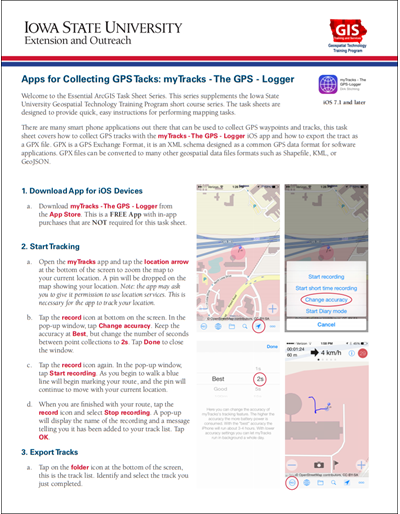


Was it NES, N64 or Playstation? It doesn’t matter, we have a little something for everyone! Use your brain and go back to your childhood. Try to think back to your favorite console. Try your hand at these nostalgic gamer puzzles. Our gamer quiz is fun, creative, unconventional, overly-simple, brilliantly-hard, unusually silly, game-tastic, and most importantly, challenging. Flip the screen, scramble the letters or ask a friend – when all else fails. Stuck? Use hints when you simply “can’t even”. Instant satisfaction after each successful solve! Complete each level to advance to the final battle. Use your noggin’ to guess each game puzzle from a classic game you love and cherish. Tons of classic games, hours of playful nostalgia. Put your childhood games to the ultimate memory test. You could either have all the tracks for a certain key signature grouped under a parent track (with the key signature as the name), or you could group them into regions (with the key signature as the name).The most UNIQUE and CREATIVE gamer quiz in the market. Knowing that we can use wildcards when exporting, we may also want to group samples by their key signature. We could get even more out of this if we start planning ahead too. To add them, just select them from the wildcards menu and add any text (such as “bpm”) that remains constant regardless of the sample. I can name a file in the following format: If I have 100 different samples in a project (lets complicate things and say this project has different tempos throughout too), and they are all for different tracks and styles, I can use wildcards to do it. An example of how this would turn out could be: This would be a good way to export stems (saving time because you don’t have to rename each track). Probably the main use of wildcards for me is generating lots of sample files. That’s pretty simple, and other DAWs can do that too, but where they start to struggle is when you need lots of different files exported and all custom named. $second : replaces with second of the minute $minute : replaces with minute of the hour $ampm : replaces with AM or PM depending on time $hour12 : replaces with hour of the day in 12-hour format $hour : replaces with hour of the day in 24-hour format $year2 : replaces with last 2 digits of the year $tracknumber : 1 for the first track, 2 for the second… $parenttrack : replaces with parent track name $author : replaces with project author (from Settings) This will automatically save each stem with the track name. Let’s say you have tracks named bass, guitar, vocals, drums, and synth, and you want to export the individual stems from Reaper, you can simply select the source to render all tracks, then add the wildcard $track in the File name section.
MYTRACKS DATA SAMPLE EXPORT HOW TO
SEE ALSO: How to EQ with ReaEQ – Reaper’s Stock EQ plugin SEE ALSO: How To Start Mixing a Track in Reaper Wildcards are placeholders for data, so when you are exporting lots of files, you don’t have to type out the data individually. The “wildcards” feature is one that solves file management issues and automates a lot of work that you’d otherwise have to do manually. Today we are going to look at one of the reasons why Reaper excels at sample production and auto-naming files.


 0 kommentar(er)
0 kommentar(er)
